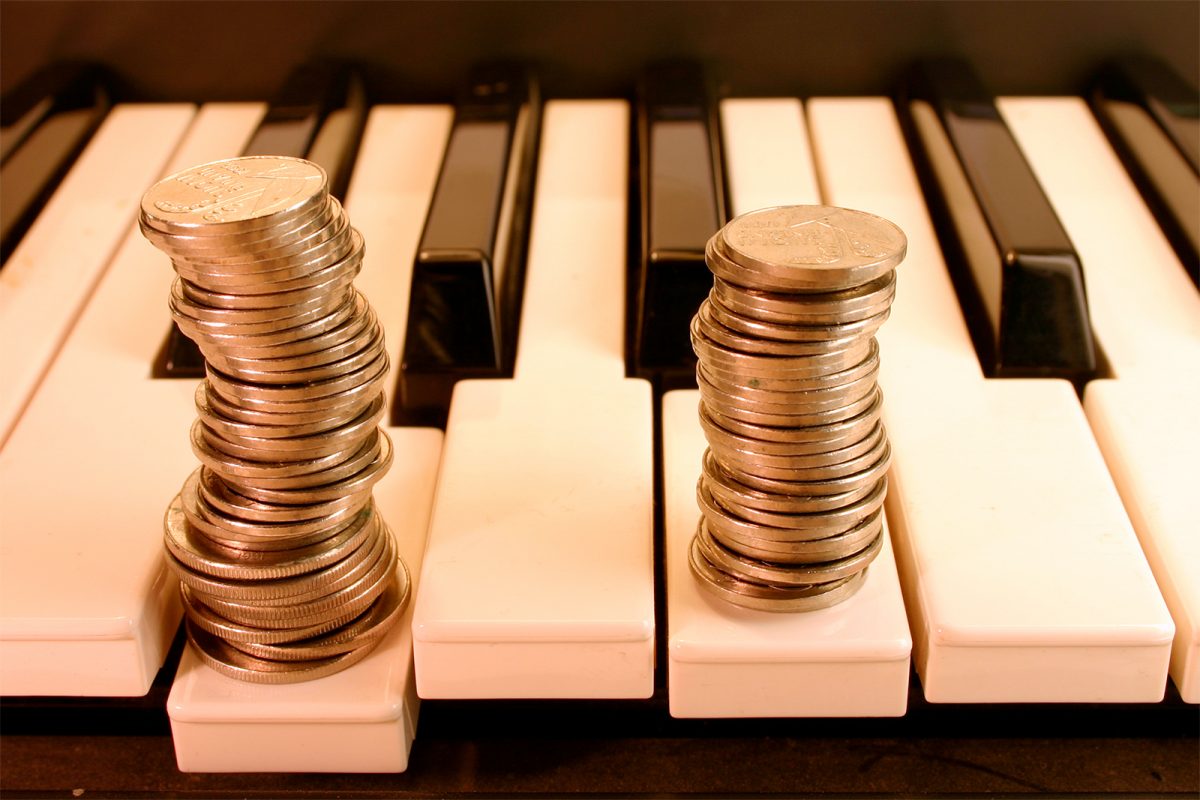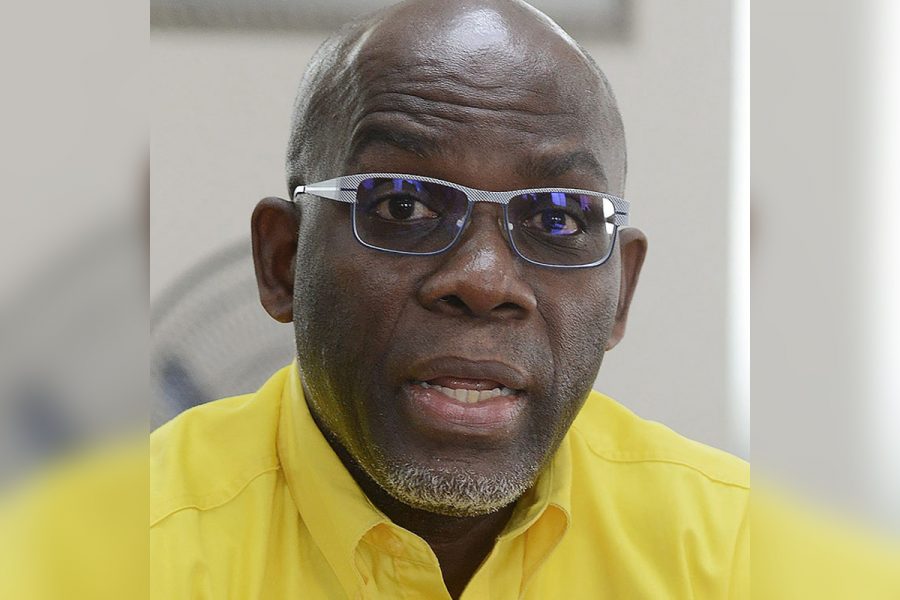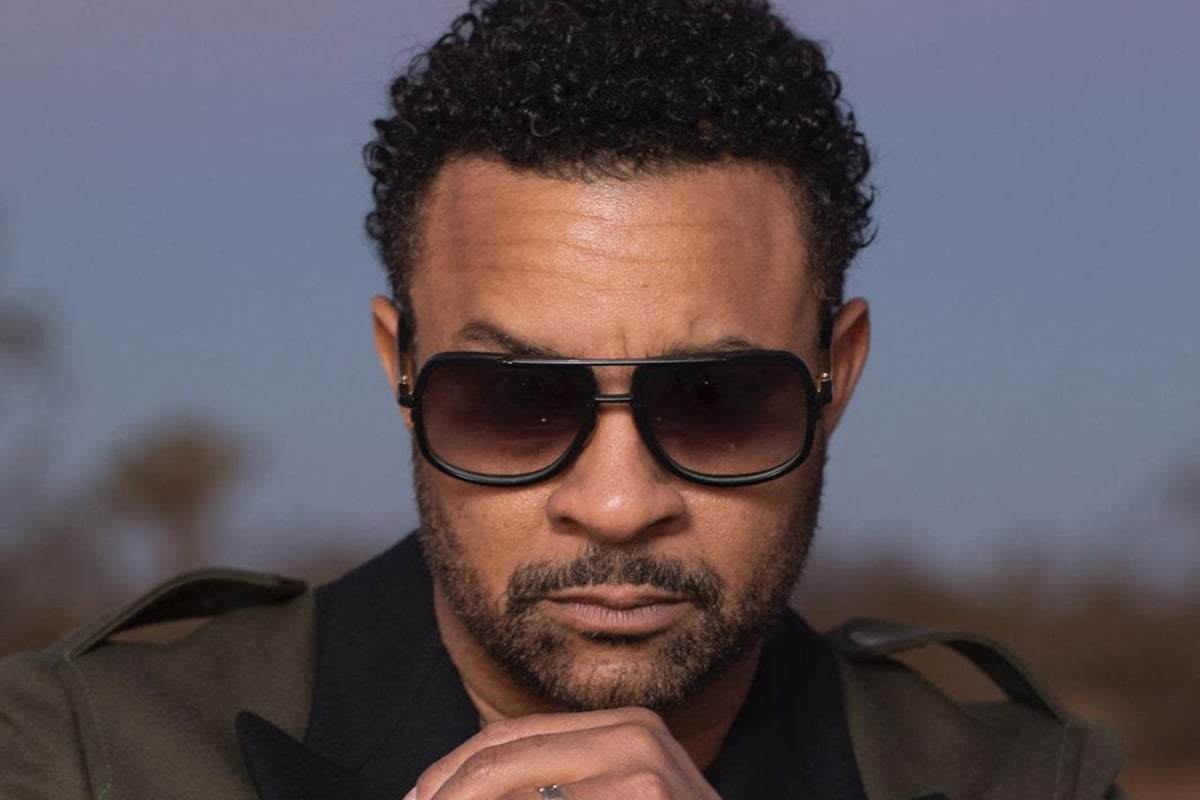Foreigners Still Collect The Lion’s Share Of Royalties In Jamaica

Overseas copyright holders are still collecting the bulk of royalties paid over by local radio stations for playing music.
In 2013, as much as 85 percent of royalties collected by the Jamaica Association of Composers, Authors and Publishers Limited (JACAP) was expatriated overseas to overseas copyright holders – a serious indictment on the local music industry.
However, over the past seven years, Jamaican music composers, artists and producers have made gradual inroads into the amount of royalties collected in Jamaica, moving from a low of 18 per cent in 2015 to a high of 36 percent in 2019.
According to figures obtained by DancehallMag from the Jamaica Association of Composers, Authors and Publishers Limited (JACAP), the percentage of money that remains with local copyrights holders remains lopsided.
In 2020, of the $106,602,998 in royalties collected by JACAP, 35 percent—a total of $37,385,556—was paid to local interests while $69,217,442 was paid to foreigners.
In 2019, 36 percent of a total of $172,321,071 collected from radio stations went to locals while a whopping $109,517,516 was paid to overseas interest, accounting for 64 percent of the total.
In 2016, JACAP collected $67,778,620 in royalties from radio stations, with 31 per cent remaining in the hands of local rights holders to the tune of $21,238,886, while 69 percent of that was expatriated overseas, racking up a total of $46,539,734
For historical perspective, the entity’s general manager Lydia Rose said JACAP collected $94.6 million in royalties in 2015. She said that after deducting $32 million in administrative and other costs, a total of $39 million remained for distribution among rights holders.
Of this sum, a mere $7 million was paid to JACAP members while $32 million was paid to overseas societies.
“It’s absolutely a problem, we are a country with eight genres, we make music in established genres like jazz, R & B, and funk. We have a representation of those genres, we are not playing enough Jamaican music, we are the net importers of copyrighted material, there is a trade imbalance in other areas, and it is a similar situation which exists in music but we never look at music as a viable trade commodities, we don’t encourage it,” ethno-musicologist Dr. Dennis Howard told DancehallMag.

“We play more foreign than local music in music. When I was the manager at RJR, I increased the amount of local at Power 106 with 100 per cent Jamaican music, and with Hitz, an all-reggae station with 100 per cent reggae content. At the other main stations, the quota was 60 per cent Jamaican as opposed to 40, I don’t know what the case is overall in other stations. Whatever it is, it is clear that we play too much, instead of retaining foreign exchange, it is the same terrible cycle, we say music is the greatest thing to the Jamaican, yet these things continue to happen,” Dr. Howard said.
In 2015, 82 percent of the royalties went overseas, in 2013, 85 percent went overseas, and in former years such as 2006, 63 percent went overseas,” Rose told the Jamaica Star years ago.
“We seem to be playing more foreign music as we develop when we should be doing the reverse,” she lamented.
The system utilized by JACAP to monitor all 31 radio stations also showed that overseas acts dominate the first 20 slots of top 100 most listened artistes and tracks on a year-to-year basis.
“I don’t see how as a nation that has produced two very popular genres of music why we are hell bent on marginalizing our local music. That is one of the reasons why I rubbish the stupid arguments about Jamaican artistes not doing well overseas, if we are not supporting our own, we are not playing Jamaican music as we should, why should others support us?” publicist Ralston Barrett told DancehallMag.
Barrett is advocating protectionist policies as it relates to Jamaican music, lobbying for a 50 percent domestic content quota mandate.
“Ideally, I would want a 70 per cent mandate. We have to protect the art form, the have to protect the music, we have to encourage the singers and players of instrument, we have to encourage them to keep doing what they’re doing, if more than 65 per cent is leaving, how is that helping us? Why should I tell my daughter to be a singer, musician or a producer when she becomes an adult, if the industry is operating at a loss,” Barrett reasoned.

“Why are radio stations playing pop, rock n roll, jazz, bepop, and swing music? Why are you not supporting our local genres? Jamaica is a small nation , we need to keep more of the money generated in this country here in this country,” he concluded.
Domestic content quota laws exist in several countries such as France where for private radio stations, there are rules on the broadcasting of French-language songs. It states that: “the substantial proportion of musical works in French or interpreted in a regional language used in France must reach a minimum of 40% of French songs, at least half of which must come from new talent or new productions, broadcast during significant listening hours by each of the radio broadcasting services”.
Mexico is currently debating new rules that would require a national content quota of 15% (“content or video generated by an individual or corporation with a majority of funding of Mexican origin”).
In Korea, foreign popular music capped at 40% of all music broadcast. In Malaysia, 80% of television programs must be produced by local companies owned by ethnic Malays. 60% of radio programming must be local. In Venezuela, 50% of radio programming must be local, and in the case of music, 50 percent of the Venezuelan produced material must be traditional Venezuelan songs.
Germany considered introducing a music quota on radio in 2001 but it was rejected. The industry was seeking “a 50% quota for new releases, with 50% of that songs being sung in German.” In 2003, Nigeria reportedly had an 80% music quota apparently met by government but not private radio stations. In Europe, the Television without Borders Directive mandates a 50% quota for European programming. The EU Directive on Audiovisual Media Services was implemented in 2009.
Platinum-selling Dancehall star Shaggy said that only a small amount of foreign music are able to be played in jurisdictions like Canada and France on local radio, and questioned Jamaica’s ‘anything-goes’ approach to protecting national creative industries.

“We have to reform our music business in Jamaica. Reform it. There are things like for instance in Canada and in France, is like you have to have 80 percent French music played on the radio, Canada I think is something like 60,” Shaggy lamented during an interview on Onstage.
Grammy nominee Devin Di Dakta has also lamented the fact that there was still too much foreign music being played on Jamaican radio stations, to the detriment of Jamaican artists.
